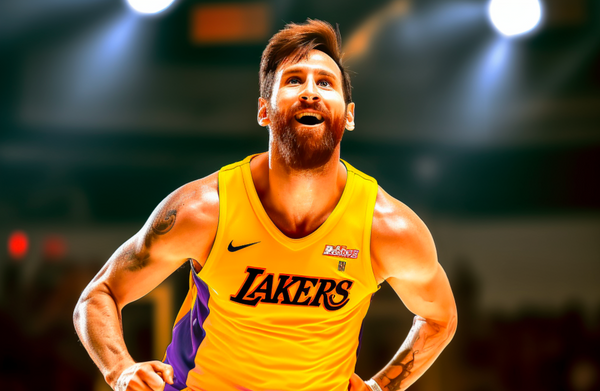The Role of Social Media in Sports Fandom

The role of social media in sports fandom has evolved significantly in recent years, with platforms becoming primary tools for fan engagement, content consumption, and community building. As technology continues to advance, sports organizations are leveraging social media to create deeper connections with fans and adapt to changing audience preferences.
👀 Key Takeaways
- Social media has become the preferred method for fans to follow sports[4].
- Fandom has shifted from large audiences physically together to more remote yet more engaged behavior[2].
- Sports organizations are focusing on entertainment value and providing interconnected digital experiences for younger fans[1].
- Social media platforms enable teams and players to become media agencies, creating content and narratives for fans to follow[8].
- The sports industry is actively looking for ways to engage with fans and create a competitive advantage, especially among millennials and Gen Z[7].
🔍 Market Trends
- Immersive sports fan experiences involving multiple channels and modes of engagement are emerging[1].
- Digital communities are driving connection between fans, athletes, and teams[2].
- The worlds of social media and gaming are converging, creating new opportunities for sports marketing[3].
- Social media is becoming deeply woven into the fabric of sports, with its impact accelerating every day[4].
- Emerging technologies are shaping the future of investment and M&A in sports[5].
🏆 Top Businesses
- Facebook: A leading social media platform that offers various tools for fan engagement, content sharing, and community building.
- Twitter: A popular microblogging platform that allows fans, teams, and athletes to share real-time updates, news, and opinions.
- TikTok: A short-form video platform that has gained popularity among younger audiences, offering creative ways for sports organizations to engage with fans.
🧩 What If Scenarios
- What if sports organizations fully embraced social media as a primary source of fan engagement, leading to a decline in traditional media consumption?
- What if social media platforms developed exclusive partnerships with sports leagues, offering unique content and experiences for fans?
- What if the rise of social media led to a significant increase in fan-generated content, challenging the traditional roles of sports journalists and broadcasters?
💡 Idea Generation
- Sports organizations could create interactive social media campaigns that encourage fans to share their own content and experiences.
- Teams and athletes could use social media to provide behind-the-scenes access, offering fans a more intimate connection with their favorite sports figures.
- Sports organizations could leverage social media influencers and content creators to reach new audiences and drive engagement.
- Teams could use social media to create virtual fan experiences, such as watch parties or online meet-and-greets with athletes.
- Sports organizations could explore partnerships with gaming platforms, offering unique crossover content and experiences for fans.
🔮 Future Impact
- Social media will continue to reshape the sports industry, driving innovation in fan engagement and content consumption[4].
- The convergence of social media and gaming will create new opportunities for sports marketing and fan experiences[3].
- Sports organizations will need to adapt to changing audience preferences, focusing on entertainment value and interconnected digital experiences[1].
- The rise of social media will challenge traditional sports journalism and broadcasting, as fans increasingly turn to online platforms for news and content[6].
Embrace the power of social media in sports fandom and explore the endless possibilities it offers for fan engagement, content consumption, and community building. Stay ahead of the game by adapting to changing audience preferences and leveraging emerging technologies to create unforgettable experiences for fans. 🏟️📲🌟





